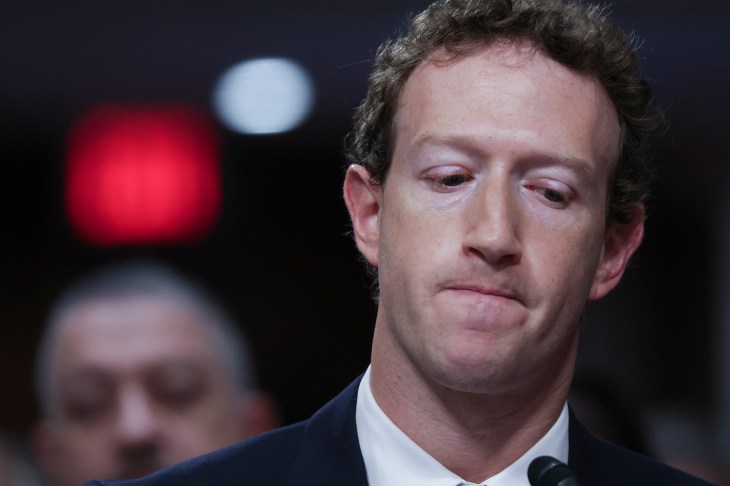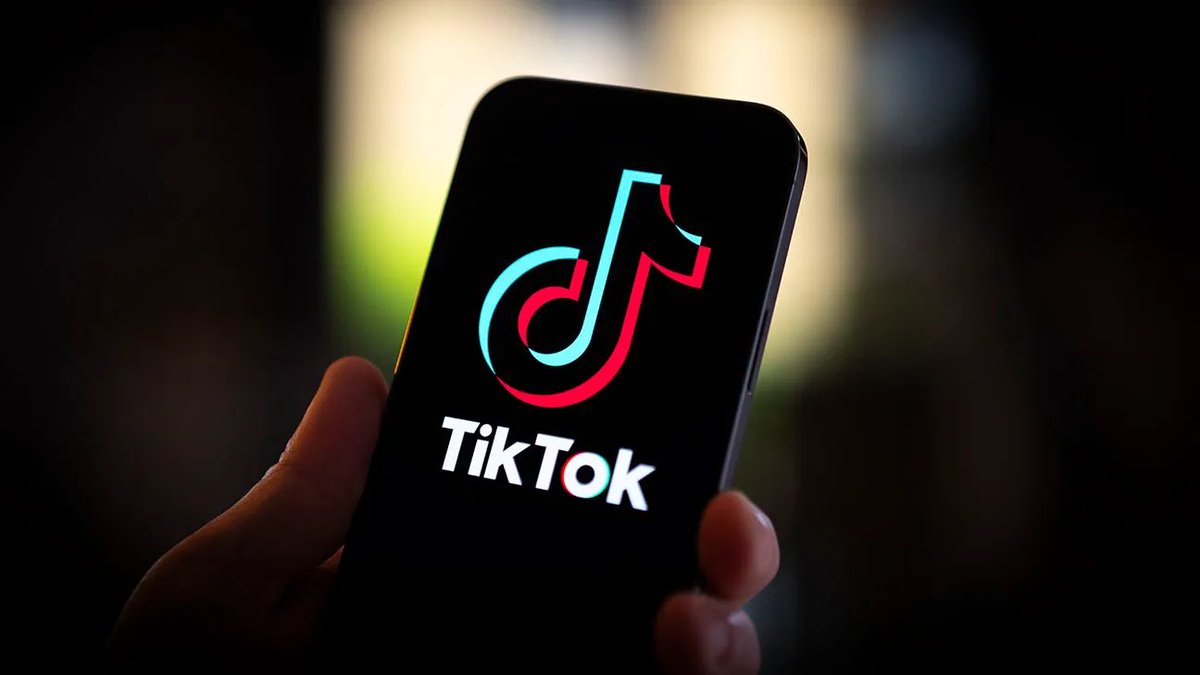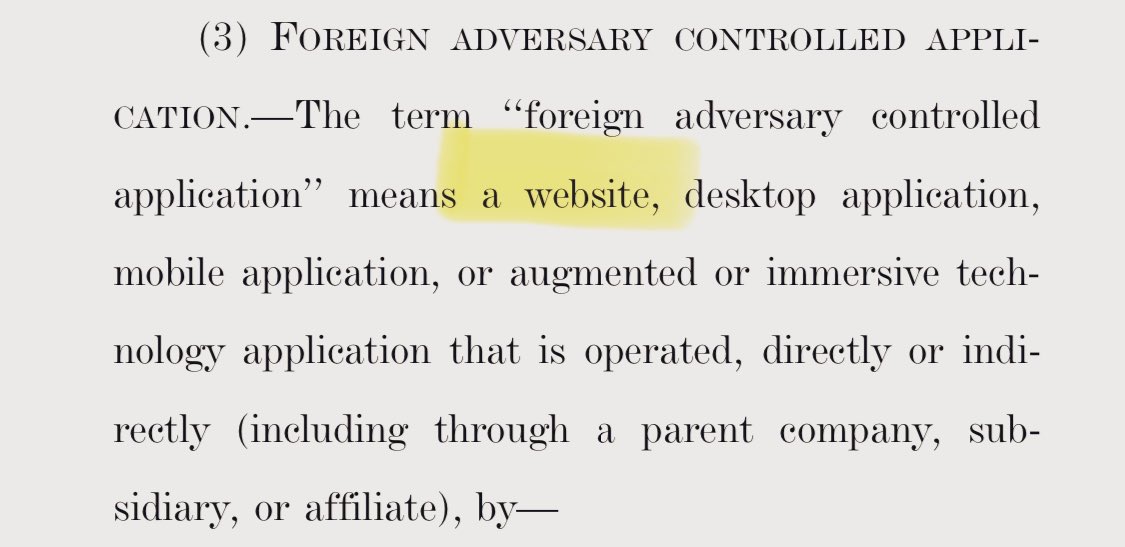
TikTok Threat Is Purely Hypothetical, U.S. Intelligence Admits
“We have nothing to add,” the FBI said, when asked for evidence of TikTok’s actual threat.
TIKTOK THREAT IS PURELY HYPOTHETICAL, U.S. INTELLIGENCE ADMITS
“We have nothing to add,” the FBI said, when asked for evidence of TikTok’s actual threat.Ken Klippenstein
March 16 2024, 11:31 a.m.
THE PURPORTED THREAT of TikTok to U.S. national security has inflated into a hysteria of Chinese spy balloon proportions, but the official record tells a different story: U.S. intelligence has produced no evidence that the popular social media site has ever coordinated with Beijing. That fact hasn’t stopped many in Congress and even President Joe Biden from touting legislation that would force the sale of the app, as the TikTok frenzy fills the news pages with empty conjecture and innuendo.
In interviews and testimony to Congress about TikTok, leaders of the FBI, CIA, and the director of national intelligence have in fact been careful to qualify the national security threat posed by TikTok as purely hypothetical. With access to much of the government’s most sensitive intelligence, they are well placed to know.
The basic charge is that TikTok’s parent company, ByteDance, a Chinese company, could be compelled by the government in Beijing to use their app in targeted operations to manipulate public opinion, collect mass data on Americans, and even spy on individual users. (TikTok says it has never shared U.S. user data with the Chinese government and would not do so if asked. This week, TikTok CEO Shou Chew said that “there’s no CCP ownership” of ByteDance, referring to the Chinese Communist Party.)
Though top national security officials seem happy to echo these allegations of Chinese control of TikTok, they stop short of saying that China has ever actually coordinated with the company.
Typical is an interview CIA Director William Burns gave to CNN in 2022, where he said it was “troubling to see what the Chinese government could do to manipulate TikTok.” Not what the Chinese government has done, but what it could do.
What China could do turns out to be a recurring theme in the statements of the top national security officials.
FBI Director Christopher Wray said during a 2022 talk at the University of Michigan that TikTok’s “parent company is controlled by the Chinese government, and it gives them the potential [emphasis added] to leverage the app in ways that I think should concern us.” Wray went on to cite TikTok’s ability to control its recommendation algorithm, which he said “allows them to manipulate content and if they want to [emphasis added], to use it for influence operations.”
In the same talk, Wray three times referred to the Chinese government’s “ability” to spy on TikTok users but once again stopped short of saying that they do so.
“They also have the ability to collect data through it on users which can be used for traditional espionage operations, for example,” Wray said. “They also have the ability on it to get access, they have essential access to software devices. So you’re talking about millions of devices and that gives them the ability to engage in different kinds of malicious cyber activity through that.”
Wray is referring to the potential ability, according to U.S. intelligence, to commandeer phones and computers connecting to TikTok through apps and the website.
In testimony before the House Homeland Security Committee in November 2022, Wray was even more circumspect, stressing that the Chinese government could use TikTok for foreign influence operations but only “if they so chose.” When asked by Rep. Diana Harshbarger, R-Tenn., if the Chinese government has used TikTok to collect information about Americans for purposes other than targeted ads and content, Wray only could acknowledge that it was a “possibility.”
“I would say we do have national security concerns, at least from the FBI’s end, about TikTok,” Wray said. “They include the possibility that the Chinese government could use it to control data collection on millions of users or control the recommendation algorithm which could be used for foreign influence operations if they so chose.”
The lack of evidence is not for lack of trying, as Wray alluded to during the same hearing. When asked by Harshbarger what is being done to investigate the Chinese government’s involvement in TikTok, Wray replied that he would see whether “any specific investigative work … could be incorporated into the classified briefing I referred to.”
The FBI, when asked by The Intercept if it has any evidence that TikTok has coordinated with the Chinese government, referred to Wray’s prior statements — many of which are quoted in this article. “We have nothing to add to the Director’s comments,” an FBI spokesperson said.
The fiscal year 2025 FBI budget request to Congress, which outlines its resource priorities in the coming year, was unveiled this week but makes no mention of TikTok in its 94 pages. In fact, it makes no mention of China whatsoever.
Since at least 2020, the interagency Committee on Foreign Investment in the United States has investigated the implications of ByteDance’s acquisition of TikTok. The investigation followed an executive order by former President Donald Trump that sought to force TikTok to divest from its parent company. When that investigation failed to force a sale, a frustrated Congress decided to get involved, with the House passing legislation on Wednesday that would force ByteDance to sell TikTok.
In testimony to the House Intelligence Committee on Tuesday, Director of National Intelligence Avril Haines, the highest-ranking intelligence official in the U.S. government, was asked about the possibility that China might use TikTok to influence the upcoming 2024 presidential elections. Haines said only that it could not be discounted.
“We cannot rule out that the CCP could use it,” Haines said.
The relatively measured tone adopted by top intelligence officials contrasts sharply with the alarmism emanating from Congress. In 2022, Rep. Mike Gallagher, R-Wis., deemed TikTok “digital fentanyl,” going on to co-author a column in the Washington Post with Sen. Marco Rubio, R-Fla., calling for TikTok to be banned. Gallagher and Rubio later introduced legislation to do so, and 39 states have, as of this writing, banned the use of TikTok on government devices.
None of this is to say that China hasn’t used TikTok to influence public opinion and even, it turns out, to try to interfere in American elections. “TikTok accounts run by a [People’s Republic of China] propaganda arm reportedly targeted candidates from both political parties during the U.S. midterm election cycle in 2022,” says the annual Intelligence Community threat assessment released on Monday. But the assessment provides no evidence that TikTok coordinated with the Chinese government. In fact, governments — including the United States — are known to use social media to influence public opinion abroad.
“The problem with TikTok isn’t related to their ownership; it’s a problem of surveillance capitalism and it’s true of all social media companies,” computer security expert Bruce Schneier told The Intercept. “In 2016 Russia did this with Facebook and they didn’t have to own Facebook — they just bought ads like everybody else.”
This week, Reuters reported that as president, Trump signed a covert action order authorizing the CIA to use social media to influence and manipulate domestic Chinese public opinion and views on China. Other covert American cyber influence programs are known to exist with regard to Russia, Iran, terrorist groups, and other foreign actors.
In other words, everybody’s doing it.



 Breh got the demonic Indian Lust face on 100.
Breh got the demonic Indian Lust face on 100.






